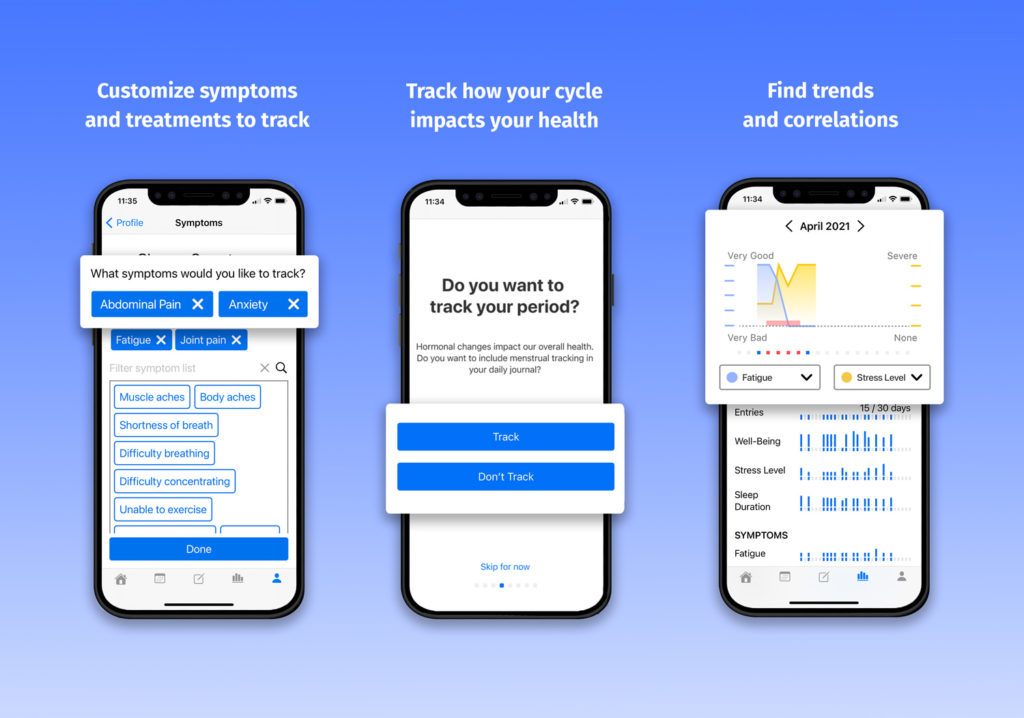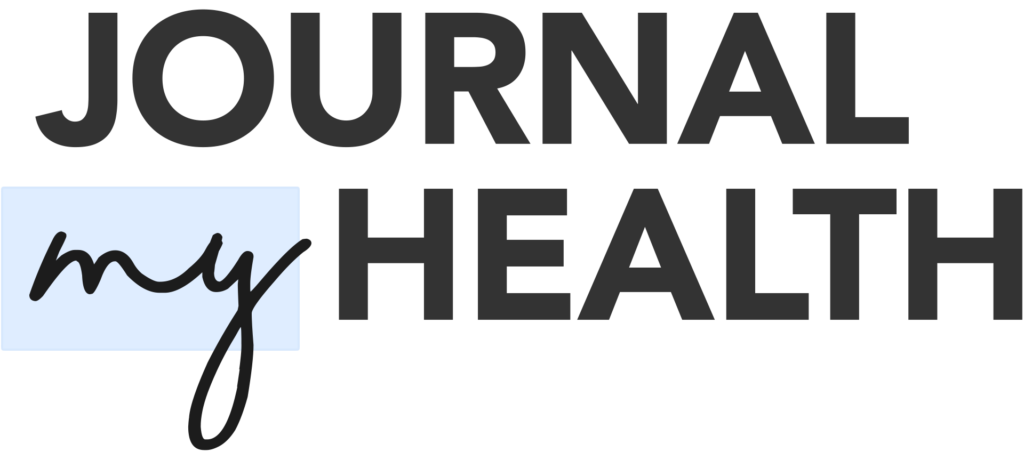Over the weekend, the number three ranked female golfer in the world made headlines for an astounding reason. Lydia Ko was praised for her openness in referencing her period as the reason for back tightness during a tournament.
That’s right, on the first day of Women’s Health Month 2022, we’re still surprised when a woman talks about her period in public. It’s a sad statement on our social mores around women’s health in general and how far we still have to go to ensure equal access and treatment.

But this is about much more than just an isolated incident or a quick quip at a news conference. It has very real implications for people’s medical health. As evidenced by a recent review of athenahealth network data that shows gaps between men’s and women’s health grew even wider during the pandemic.
In analyzing the frequency of follow-up cardiologist appointments during the pandemic compared to 2019, researchers found more men (61%) kept their appointments than women (56%). While the percentage difference may seem small, athenahealth representatives noted it as atypical since it’s normally men that skip follow-up appointments.
In an article discussing the findings, Jessica Sweeney-Platt, vice president of research and editorial strategy at athenahealth, said: “Women have been heavily impacted by the pandemic, which has resulted in much of this demographic putting their own health on the backburner.”
But gender disparities in treatment predate the pandemic. Long before COVID-19, women were more likely to avoid raising concerns with physicians for fear of seeming silly, emotional, or having their symptoms ignored and dismissed.
This is not a hysterical fear. A study in 2018 by the University of Pennsylvania found that women actually waited in the emergency room an average of 16 minutes longer than men to receive pain medication. And in a 2017 survey of more than 2,400 women with chronic pain, 83% said they had experienced gender discrimination at some point by their healthcare providers.
This is especially troubling because more women than men are impacted by chronic conditions. This lack of attention by some in the medical community towards women is one of the reasons why we started Journal My Health.
Our guiding principle is to give individuals power over their personal health. We do this by putting ALL the information that impacts their health at their fingertips as actionable insights.
From diet to the weather – and yes, including their menstrual cycle – we are helping more women understand the factors influencing their health. This is helping them take back control of their health and also to have more informed, productive conversations with their doctors, nutritionists, therapists and anyone else helping them on their health journey.
Like our newly launched period tracker, we excel at building customizable ways to track symptoms and treatments. Let us know if you have ideas for how to continue improving our support of women’s health. Together, we can make sure that all women are heard and have the best chance at better health outcomes.


